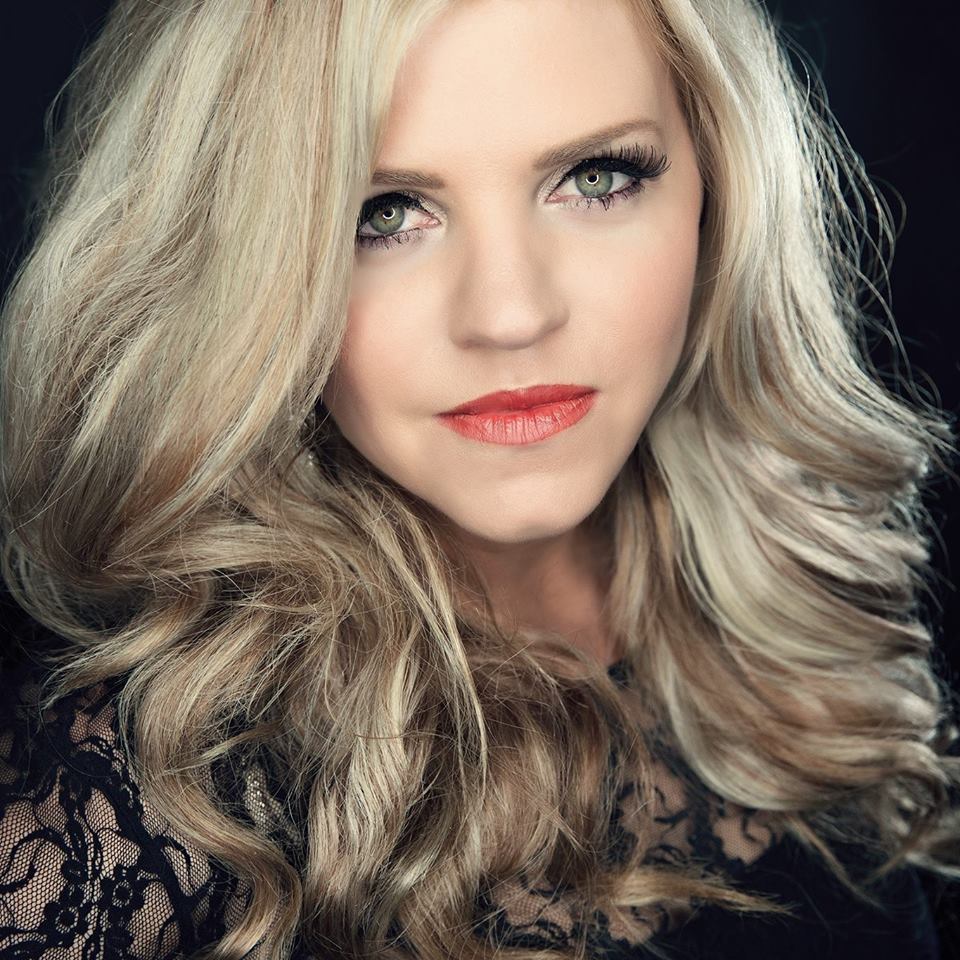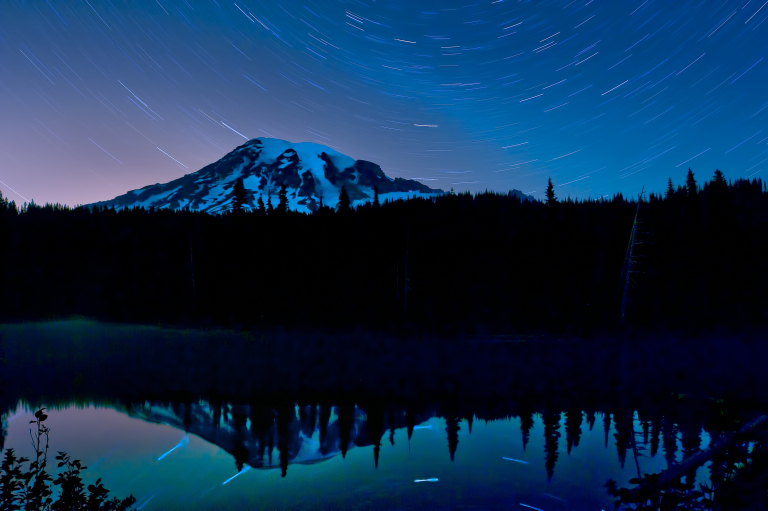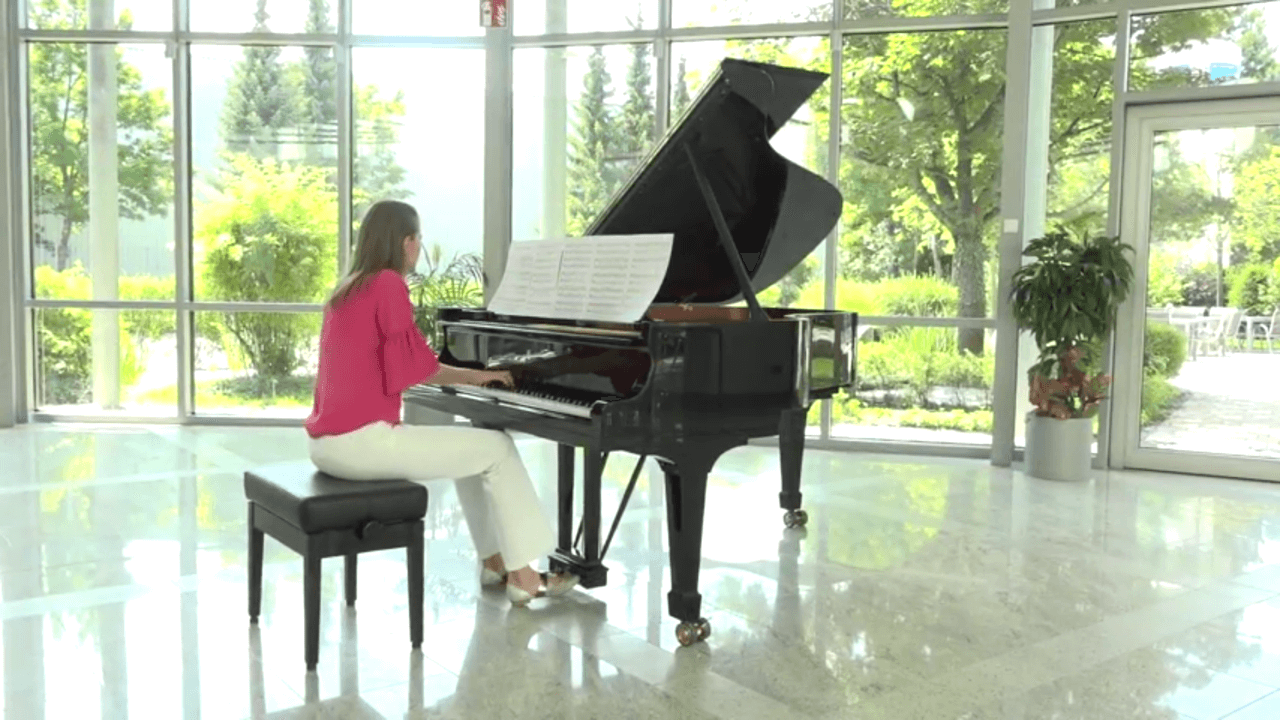About
For me, music is a form of expression. And since I am not just a performer, but a composer as well – it goes even deeper because the music I am sharing with the world comes from a place within me that bares my very soul. When I “offer” my music to the world, it is like offering a piece of myself – my pride and joy, my greatest work and expression of the world inside myself, my heart, and my mind.
Jennifer Thomas (born June 23, 1977) is a multi award winning American pianist, violinist, composer, performing artist, and recording artist. She was classically trained at Brigham Young University-Idaho,[2] and started composing in 2003, later releasing her first debut album in 2007. Thomas has issued four albums, the latest 'Winter Symphony' released in November 2015.[3][4] Thomas is known for writing and performing piano-centered orchestral music from classical music to classical music crossover and cinematic orchestral. While most of her works are original, she also covers classical pieces as well as pop music and movie soundtracks. Thomas has also composed film scores, where she won the Gold Medal of Excellence in the 2011 Park City Film Music Festival for "Music in a Short Film" [5] as well as a 2012 Hollywood Music in Media Award for "Best Film Score for Documentary/Short".[6] In 2012 Thomas was named Classical Crossover UK's "Female Artist of the Year".[7] Thomas' third album, "Illumination" won "Album of the Year" and "Artist of the Year" at the 2013 IMC Awards.[8][9] In October 2015 "Illumination" also won the "Classical Song of the Year" International Music and Entertainment Association Award [10] and the Enlightened Piano Radio Award for "Best piano album with instrumentation" at Carnegie Hall New York City - where she performed live at the awards ceremony.[11] Winter Symphony - Jennifer Thomas (pianist) album Thomas' fourth album was released in November 2015. Mixed by 5 time Grammy Award winner Brian Vibberts, contributors included Ricky Kej and Taylor Davis (violinist). Following the album release, Thomas performed concerts at Salt Lake City, Atascocita, Texas and the Benaroya Hall Seattle.[2] The album has received many favorable reviews and during 2016 won several prestigious awards. In March 2017 Thomas arranged an orchestral cover of the Beauty and the Beast (Disney song) featuring cellist Armen Ksajikian to coincide with the release of the Walt Disney Pictures and Mandeville Films movie Beauty and the Beast (2017 film).


